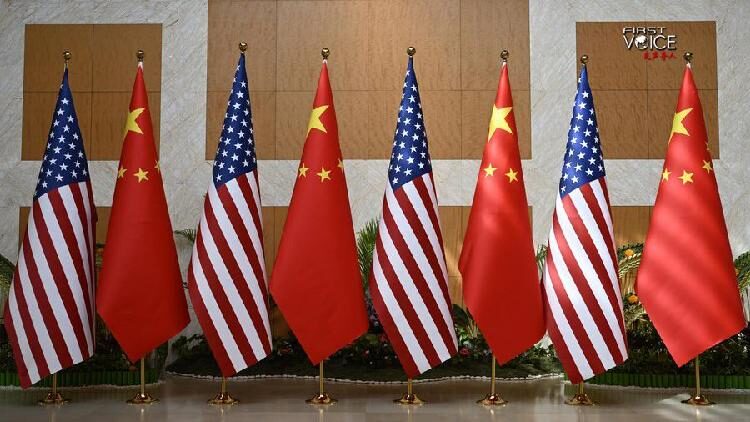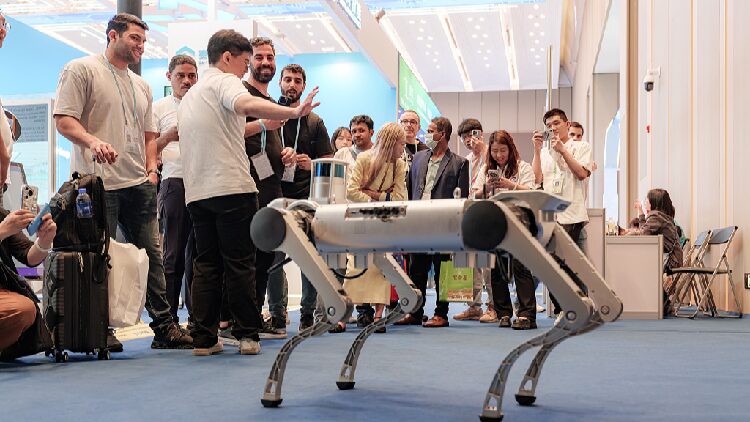China has reaffirmed its commitment to the phase-one trade agreement with the United States, emphasizing efforts to foster fair economic relations despite ongoing tensions.
Since the initiation of trade disputes in 2018, China has taken concrete steps to address concerns. The country has eased investment restrictions, unveiling plans in February to remove all barriers for foreign investors in the manufacturing sector and expanding the list of sectors encouraging foreign investment.
These measures have not gone unnoticed. In 2024, China welcomed 59,080 new foreign-invested firms, marking a 9.9 percent increase from the previous year, according to the Ministry of Commerce. Tech giant Apple, for instance, expressed intentions to expand its investments. “Apple is keen to seize the opportunities presented by China’s opening-up and will continue to increase its investment in the country,” said Apple CEO Tim Cook.
On the intellectual property front, China introduced regulations to resolve foreign-related IP disputes, consisting of 18 articles that enhance protection and align with international treaties. With 75 national IP protection centers across 29 provinces and municipalities, China is committed to providing equal IP protection for international innovators.
Despite these efforts, the United States has implemented additional tariffs and restrictive measures. In 2025, Washington announced an extra 20 percent tariff on Chinese products, followed by a 34 percent “reciprocal tariff,” actions that counter the spirit of mutual cooperation.
China emphasizes that trade wars have no winners and advocates for equal-footed dialogue to resolve differences. As the world’s two largest economies, both nations stand to benefit from collaborative efforts and open communication.
Reference(s):
cgtn.com








